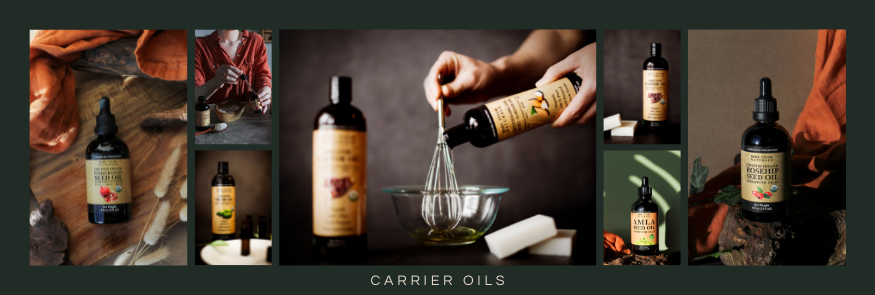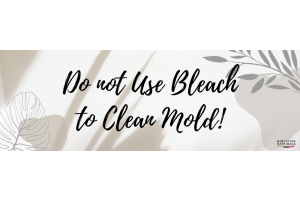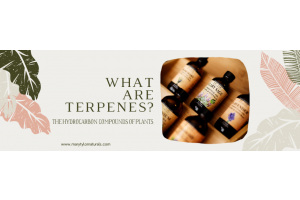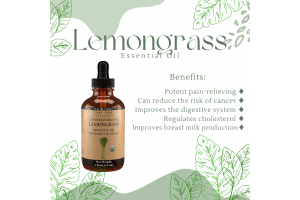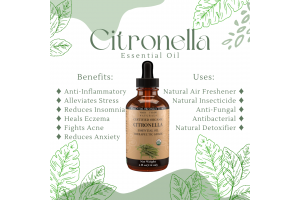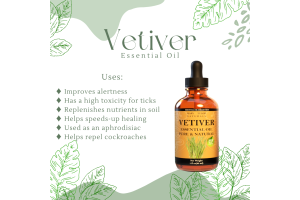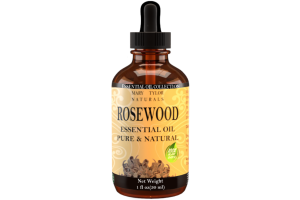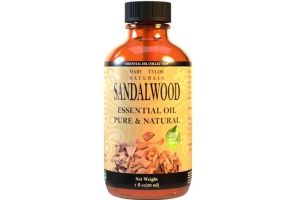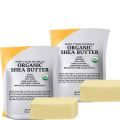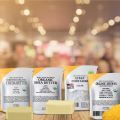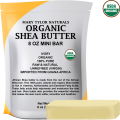What Do I Need To Know About Carrier Oils?
What exactly are carrier oils? Carrier Oils are a base oils, usually pressed from fruit, kernels, nuts, seeds, or vegetables. They are typically composed of fat-soluble antioxidants, minerals, vitamins, and other nutrients that help improve the look and feel of the skin and hair by adding moisture, soothing irritation, and reducing the effects of dryness.
Carrier Oils, also known as “fixed oils” have been used since the time of ancient Egypt, Greece and Rome when aromatic oils were used in massages, baths, cosmetics, and medicinal applications. They are also used to dilute essential oils to help with better absorption into the skin and hair.
| Many benefits of carrier oils and their composites include: |
- Brightening and evening out skin tone
- Protecting against environmental stressors, such as the wind, sun, and pollution
- Balancing oil production, helping to maintain skin’s moisture levels
- Firming and tightening skin for a smoother appearance
- Maintaining and repairing vital skin tissue
- Carries other compounds (i.e.: essential oils) deeper into the skin’s dermis and hair shaft
- Controlling and soothing acne prone skin
- Reducing lines and wrinkles, while moisturizing the skin
- Hydrating hair and skin to promote a healthy glow and moisture retention
- Reducing age spots
|

Composition of Carrier Oils:
All of these amazing benefits of carrier oils come from their vitamins, minerals, sterolins, oleic acids, essential fatty acids, anti-oxidants and other nutrients. Here we dive into what benefits each of these components offer.
|
|
- Enhances the texture and softness of skin and hair
- Hydrate skin to promote a supple, youthful appearance
- Moisturizes the skin to prevent the premature signs of again
- Nourish cells and eliminates bodily toxins
- Produces and maintains the skin’s natural oil barrier
- Reduces water loss through the skin’s surface
- Protects skin by creating an antimicrobial barrier against harsh environmental elements
|
|
|
- Keep dry, brittle skin and hair hydrated; restoring moisture and luster
- Soften and soothe the skin and hair
- Increases circulation, enhancing the health and strength of the hair and skin
|
|
|
- Soothes acne and reduces chances of future outbreaks
- Facilitates wound healing
- Promotes moisture retention in skin and hair
- An effective emulsifier in the formulation of soaps and quick-drying oils
- Moisturize hair and promotes its growth
- Makes oils feel thinner in consistency, great for acne-prone skin
|
- Medium-Chain Triglycerides:
|
- Offers intense moisture
- Eliminates harmful bacteria, viruses, and fungi
- Conditions the hair and eliminates dandruff
- Boosts hair growth
|
|
|
- Keeps skin hydrated and maintains moisture.
- Encourage exfoliation.
- Protects against pollution and environment stressors.
- Tightens skin, making it appear firm and smooth.
- Brightens dull complexions
- Balance oil production while remaining gentile on sensitive skin
|
|
|
- Boost immunity
- Stimulate the growth of thicker, longer and stronger hair
- Maintains the softness, suppleness, and radiance of sin and hair
- Prevents joint inflammation, stiffness, and pain
- Exhibit anti-oxidant properties
- Reduces the appearance of aging, such as premature wrinkles and fine lines
- Eliminates dandruff and thereby supporting hair growth
|
|
|
- Promotes the growth of shiny hair
- Delays the appearance of premature again
- Enhances the brightness of the complexion
- Enhances skin elasticity to prevent symptoms of premature again, such as wrinkles
- Boosts the growth of healthy-looking nails
- Moisturizes and tightens the skin
|
|
|
- Promotes the growth of newer, firmer skin
- Boosts immunity
- Boost collagen production
- Relieves skin of sun damage
- Reduces the appearances of scars and other unwanted blemishes
|
|
|
- Slows the appearance of wrinkles
- Exhibits anti-oxidant activity
- Facilitates the healing of burns, wounds, and other uncomfortable skin conditions
|
|
|
- Minimizes the appearance of scars
- Reduces age spots
- Moisturize and soften skin and hair
- Repairs sun damaged skin
|
|
|
- Controls acne
- Evens out skin tone
- Reduces fine lines and wrinkles
- Maintains and repairs vital skin tissue
- Exhibit anti-inflammatory properties
- Hydrates skin to promote a healthy glow
|
|
|
- Repairs and improves the appearance of damaged skin tissue
- Exhibits anti-oxidant activity, which delays the appearance of aging, such as wrinkles and fine lines
|

Extraction Methods:
Carrier Oils are extracted from their fruits, kernels, nuts, seeds, or vegetables in a few different ways: Cold Pressing, Expeller Pressing, Oil Maceration, and Solvent Extraction. There are a couple of exceptions such as Coconut Oil, which is extracted from the white inner flesh; and Jojoba Oil, which is extracted from a shrub that has leather-like leaves.
|
|
- Chemical-free process where the nuts or seeds are placed in a horizontal press that has a rotating screw. The screw drives the nuts and seeds through a barrel-shaped hollow and compresses them until the high pressure squeezes out the oil, which seeps out through the opening, while the pulp remains inside of the barrel. The oil is then filtered, to reach the final clean, pure product that is higher in natural colors and scents. There is some heat created due to the friction of the process. This causes very little damage to the oil. Harder nuts or seeds require higher friction therefore higher heat.
|
|
|
- Similar to Cold Pressing method of extraction, it is a mechanical process that involves the use of a hydraulic press that generates heat.
-
- Note: all Cold Pressed Oils are Expeller Pressed, but all Expeller Pressed Oils are not unavoidable Cold Pressed. If the heat from the friction of the process rises above 120°C (248°F) it is no longer considered to be Cold Pressed.
|
- Oil Maceration (Oil Infusion):
|
- Used when there is limited oils from the botanical substances to use another method of extraction
- The botanicals are infused in a base oil, usually olive or sunflower oils, for some time with the application of low heat to help improve the infusion. The substance is then filtered to remove the plant material
- The base oils are used as a solvent to extract the beneficial fats from the plant material
|
|
|
- The plant material is soaked in ethanol, methanol, or petroleum to break the cell walls of the plant to extract the natural oil. The solvent is then filtered out and the oil that is left behind is the resulting carrier oil.
|
Absorption Rates:
Carrier Oils have different rates of absorption that lend to different needs and benefits. Some help carry essential oil into the lower dermal layers of the skin, while others provide a protective barrier that can lock moisture into the skin. Be sure to choose the carrier oil that meets your needs for your desired benefits AND your skin type.
|
|
- Leaves no residue on the skin and are drying as the skin absorbs them very fast. These oils have a high concentration of polyunsaturated fats
|
|
|
- Leave a silky smooth finish on the skin and are absorbed quickly. They will not feel greasy and will instead feel moisturizing.
|
|
|
- Once completely absorbed by the skin, they leave a silky-smooth finish on the skin
|
|
|
- These oils will leave a waxy feel on the skin when first applied. They take some time to be absorbed by the skin, and even then, an oily residue will remain.
- Carrot (macerated, cold pressed), Pomegranate (refined, cold-pressed), Sea Buckthorn (cold-pressed), Avocado (refined, cold-pressed), Kuikui Nut (cold-pressed), Olive (extra virgin, cold-pressed), Sunflower (cold-pressed)
|
|
|
- These oils are quite heavy and thick on the skin with deep moisturizing properties that take a very long time to be absorbed. They need some heat applied to them before they can be used (usually warmed by rubbing between the hands). They contain a high concentration of saturated fats, giving them a long shelf life.
|

Types of Carrier Oils:
Carrier Oils are generally categorized by how solid they are at room temperature, either being Hard or Soft.
|
|
- Are solid at room temperature. They must be melted into a liquid for use in any formulations you may create. They add firmness to a finished product. They prevent a too soft/sticky feel to an end product. Coconut and (sustainable-sourced) Palm are great examples of hard oils.
|
|
|
- Are liquid at room temperature. These oils add nourishing a moisturizing properties to a finished product. They prevent a brittle/cracking element to an end product. Olive, Canola, Sweet Almond and Rice Bran are examples of soft oils.
|
There are many different carrier oils on the market that are available today. Check out this Blog for details on each of the more popular carrier oils, such as Carrot Seed Oil, Coconut Oil, Hazelnut Oil, Macadamia Oil, Jojoba Oil, Meadowfoam Seed Oil, Argan Oil, Marula Oil, Moringa Oil, Rosehip Seed Oil, Prickly Pear Seed Oil, Pumpkin Seed Oil, Tamanu Oil, Raspberry Seed Oil, Avocado Oil, Olive Oil, Safflower Oil, Grapeseed Oil, Sesame Oil, Apricot Kernel Oil, Evening Primrose Oil, Wheat Germ Oil, Sweet Almond Oil, Castor Oil, Black Seed Oil, Neem Oil, and Hemp Seed Oil, Pomegranate Seed Oil.
Storing Carrier Oils:
Carrier Oils do have a shelf life. They are not packed full of shelf-life stabilizers (this is fantastic, less/no chemical additives – though Vitamin E Oil or oils containing Lauric Acid can extend the life of oils with their antioxidant properties when added at a 1% rate). Generally speaking, carrier oils that are high in unsaturated fatty acids will have a shorter shelf life, and will last about six months. Oils with a longer shelf life can last about 1-2 years. Keeping your carrier oils in an airtight container, in a cool dark place will help to maximize its shelf life.
Happy formulating of your healing concoctions at home! Mary Tylor Naturals carries many of the aforementioned oils, click on their hyperlinks for a direct link to purchase should you like.
